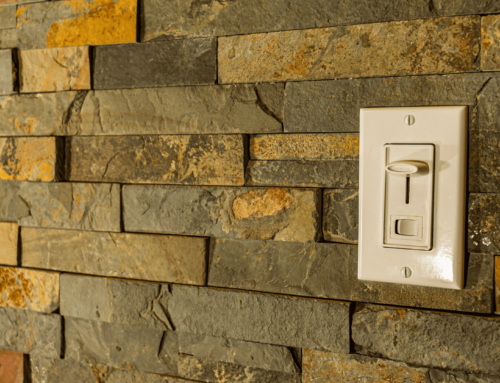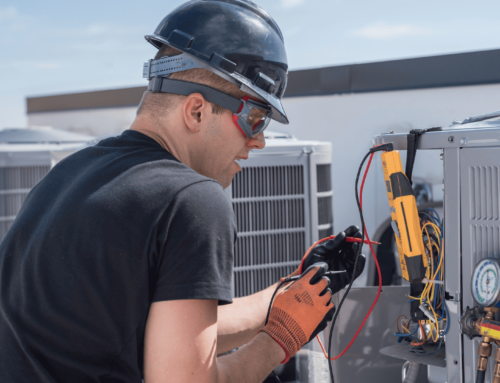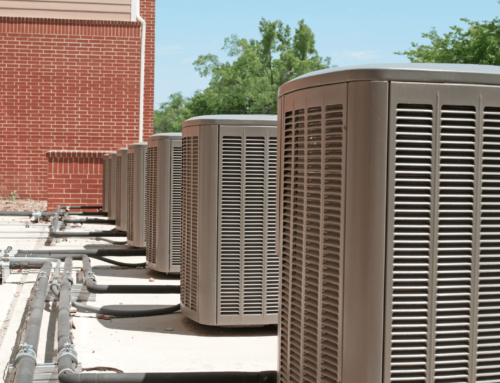Regardless of whether you’re purchasing a new heating system or upgrading an old one, understanding the difference between a boiler and a furnace will help you make the best choice for your home.
Boilers: Pros & Cons
As the name suggests, boilers warm your home by boiling water. Then they disperse the water through your home, often as steam, through a series of pipes that feed into radiators and baseboard heaters. In some cases, it’s distributed through floor systems that use tiles to absorb and radiate heat into the room. Regardless, once the heat’s been released, the steam reverts to water and flows back to the boiler to repeat the process.
Though a few use oil or wood pellets, most boilers run on electricity or natural gas. And because they use a water pump instead of a fan, they’re extremely quiet. What’s more, they don’t require any ductwork. Pipes are cheaper and easier to install, making it simple to heat new rooms.
However, the upfront costs of this system are high ‒ as much as $10,000. Fortunately, operation and maintenance costs are low. Modern boilers are extremely efficient, with an AFUE (Annual Fuel Utilization Efficiency) rating of up to 95 percent.
And while occasional tune-ups are necessary (to release excess air, for instance), most boilers run for years without incident. Maintenance, when it happens, is generally minor. On the other hand, if something goes seriously wrong, repairs can be costly ‒ around $395 on average. Leaky or frozen pipes are the most common problems homeowners encounter.
Furnaces: Pros & Cons
Furnaces use a fan to draw air across a heat exchanger or heating element, before dispersing it through a series of ducts into your house. Like boilers, most run on oil, electricity, or natural gas. The main advantage of a furnace is how quickly it warms your home. By the time boilers are starting to heat up, furnaces will already be circulating warm air.
The downside is that their fan assembly creates a significant amount of noise. Homeowners sometimes complain the air they produce is dry and uncomfortable as well. One of the main differences between a boiler and a furnace is the quality of the heat they produce. Boilers leave the air feeling fresher.
Not to mention that, unlike boilers, furnaces are open systems. By constantly pulling in outside air, they pick up a lot of dirt, dust, and pollen. If you live with a pet, their dander may get sucked in and blown about the house as well. To combat this, every furnace is equipped with a filter, which removes most of the contaminants that pass through it.
But no matter how efficient filters are, homeowners have to clean and replace them at least 2-3 times a year, depending on the type. Homes with pets or in rural areas may have to clean or replace them every month. Furnaces also have to be cleaned at least once a year, possibly more, if they require heavy use.
The good news is that, compared to boilers, furnaces are significantly less expensive to repair. Replacement filters are cheap and most internal components can be fixed for only $280 on average. Price is another major difference between a boiler and a furnace. Compared to boilers, furnaces are also extremely affordable. Even a high-end furnace costs less than a low-end boiler. And their operating costs are low as well. Furnaces have an AFUE rating of up to 98.5 percent, the highest possible.
Protect Your Heating System
With winter approaching, you’re no doubt counting on your home heating system to protect you and your family. But what if the system itself is not protected? Don’t fall prey to sudden breakdowns. When something goes wrong, call us for fast, reliable service. There are no fees or deductibles, just 24/7/365 support to get your heating system back online as quickly as possible thanks to a network of locally skilled professionals. Click now to shop for coverage!






